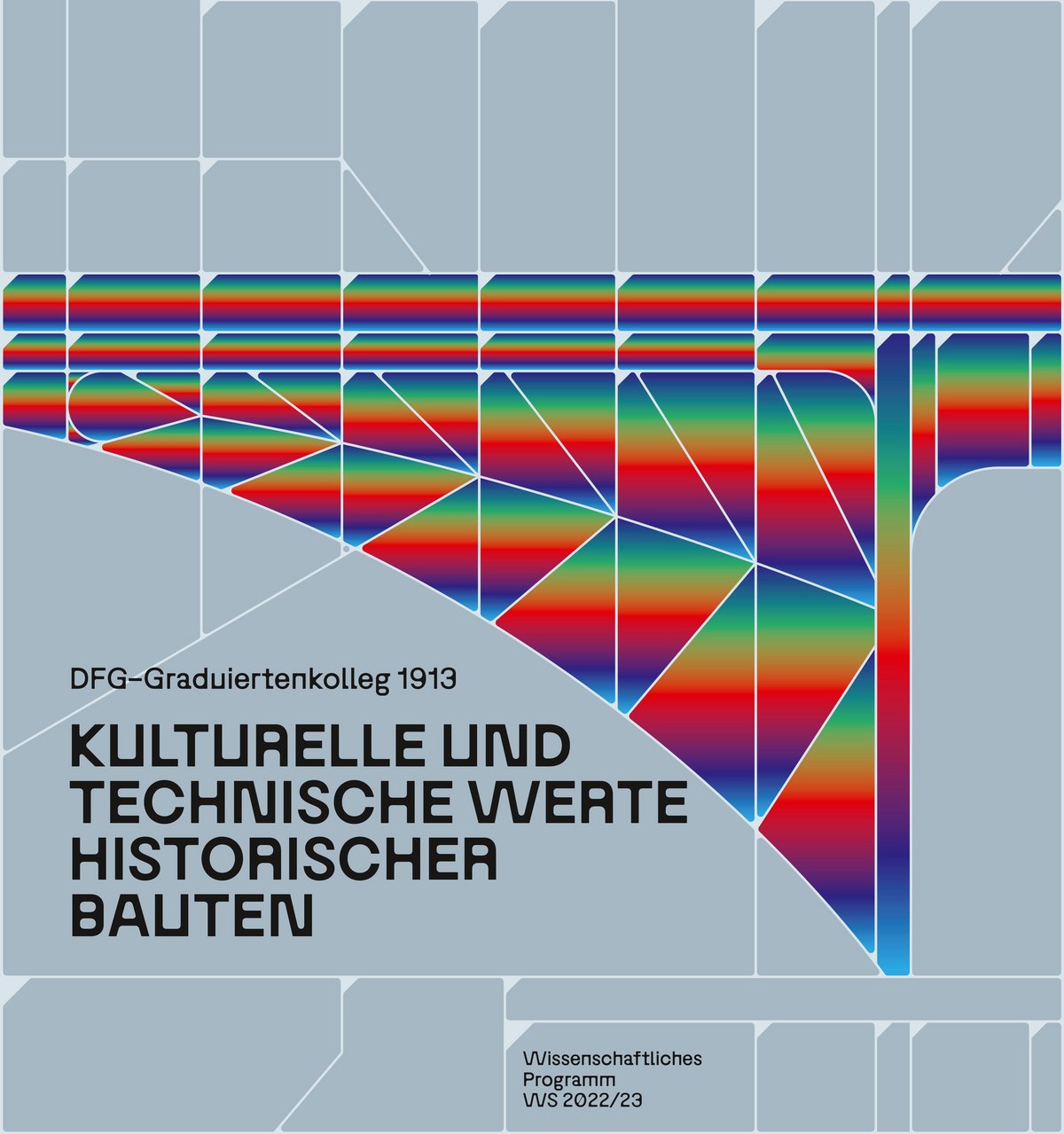"Cities constructed in words: (Post)coloniality of spatial stories"
With a PhD in Theory and History of Architecture, Somaiyeh Falahat is currently a Marie Sklodowska-Curie Fellow at the Department of Geography, University of Cambridge, and a senior consultant at Arup. She has previously held other prestigious research grants, such as Alexander von Humboldt Research Grant and German Federal Ministry of Education and Research postdoctoral fellowship, in addition to lectureship positions at the University of Greenwich London and the Berlin University of Technology. Situated at the intersection of historical, cultural and theoretical studies of architecture and urban design, her research broadly engages with the ways we can rewrite architectural and urban histories from specific cultural-spatial perspectives. Somaiyeh has published two monographs and several papers in Planning Perspectives, Urban History, International Journal of Architectural Research and The Planning Review on these themes. Her current research project 'Hybrid Modernities', funded by the European Commission, critically engages with contemporary theories on the 'modern city' investigating cultural modernist products from the late 19th and early 20th century.
In her lecture 'Cities constructed in words: (Post)coloniality of spatial stories', Somaiyeh draws chiefly on the book Cities and Metaphors (Falahat, 2018). Discussing the application of a 'rationalised phenomenology' in conceptualising historical urban spaces in so-called 'Islamic cities', the lecture argues that this is a reductionist mode of elaboration that has arisen due to the gaps in our global urban vocabulary. The investigation of the usage of 'labyrinth' as a place-image in understanding Middle East and North African cities, and a reflection on its translatability into local linguistic and spatial-cultural contexts, revealed the lacunae. An alternative epistemic tool, hezar-too ('a thousand insides'), is proposed for rethinking spatial relations (Raumkonzept) in Isfahan, Fez and Tunis. Hezar-too, borrowed from literature studies in Farsi, denotes an ever-elusive core which is hidden or resides 'inside insides', requiring the negotiation of multiple tresholds to be reached. In broader terms, the lecture draws on and contributes to the studies of postcolonial urbanism.
Please take note, that the lecture by Somaiyeh Falahat will be held online only. It can be followed via zoom using the link posted here on the day of the lecture.

